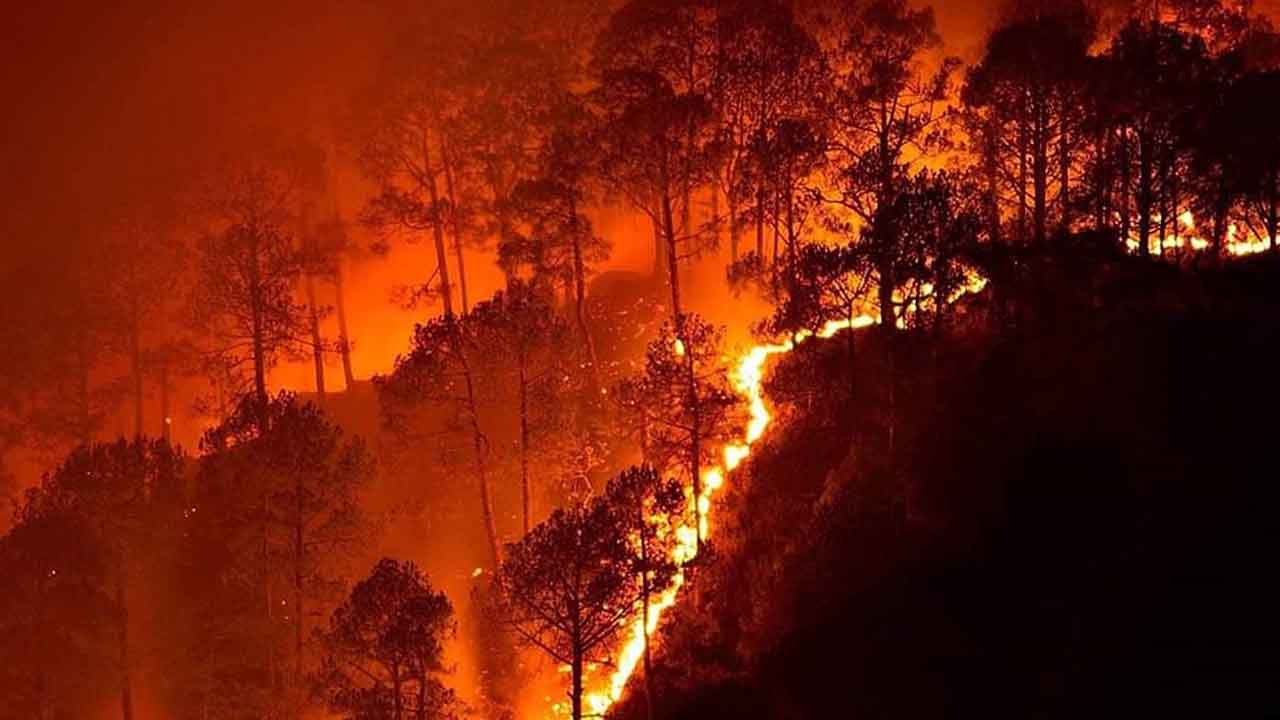The advance of climate change will increase the risk of devastating forest fires worldwide in the decades to come, warns a study released by the United Nations Environment Program (UNEP) and GRID-Arendal, an environmental non-profit organisation based in Norway.
The study describes the phenomenon as a global forest fire crisis and projects that these disasters will increase by 30 percent by 2050 and more than 50 percent by the end of the century.
More than 50 scientists from around the world who produced the report cite global warming, droughts and changes in land use to be responsible for this man-made disaster threat.
According to the analysis, no corner of the planet will be safe from forest fires, which could even affect the Arctic and other regions that were not at risk.
To face this danger, the authors ask for a radical change in the strategies of governments, with prevention, preparation and the adequate allocation of budgets.
“We must minimise wildfire risk with better preparedness; we need to invest more in fire risk reduction, work with local communities and strengthen global commitment to combat climate change,” said UNEP Executive Director Inger Andersen.
The study highlights that forest fires disproportionately affect the world’s poorest countries, with impacts lasting long after the fire is out, impeding their progress towards sustainable development and exacerbating social inequalities.
The costs of rebuilding after fires are often out of reach for low-income countries, the paper stresses.
The report underscores the urgency of better understanding wildfire behaviour, as prevention requires a combination of science-based data and monitoring systems, indigenous knowledge and strong regional and international cooperation.
In the line of practices of indigenous peoples, for example, the fires set in some areas of Africa to eliminate vegetation and prevent forest fires that would be more serious and less controllable stand out. Communities in many places have managed land in this way for centuries. UNEP invites the integration of this type of traditional knowledge into fire policies.
It also urges governments to adopt a formula that allocates two-thirds of the budget to combat these phenomena to planning, prevention, preparedness and recovery; and the other third of the resources to the response when the fires occur.
Currently, responses to wildfires receive more than half of the budget and less than 1 percent is allocated to planning and prevention.





























